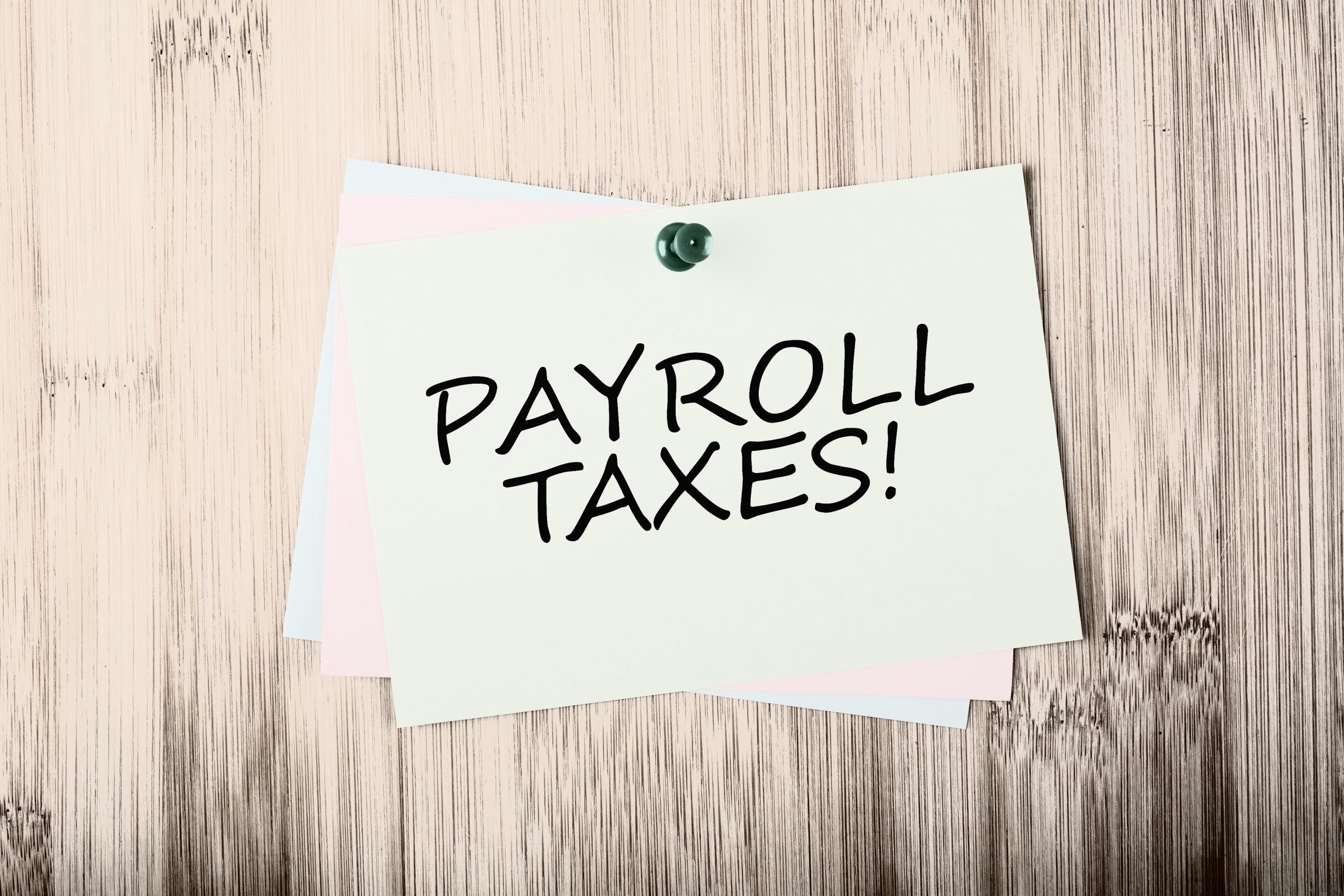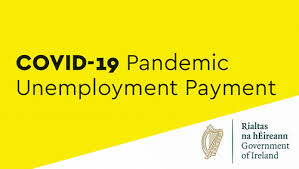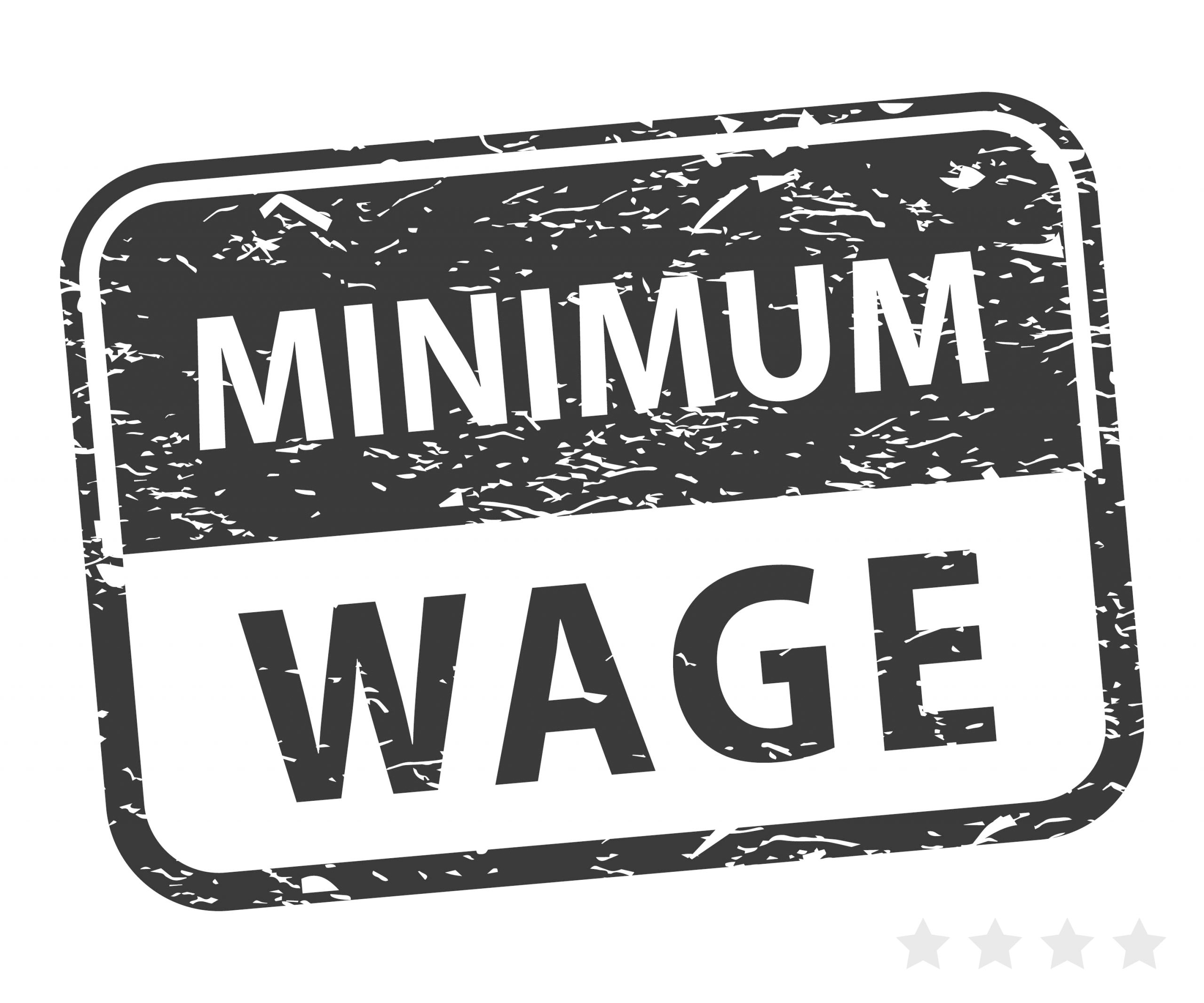From January 1st 2021, the National Minimum wage will be increased from €10.10 to €10.20 per hour for employees aged 20 and over. These employees working 40 hours a week will see their gross wages increase by €4.00 per week. The following rates of pay per hour will apply to the following: Aged 19 Years

18
Dec
Employers paying employees’ 2020 tax liability
Revenue will facilitate employers who wish to pay employees’ 2020 tax liabilities. This applies to Income Tax (IT) and Universal Social Charge (USC) which arise due to the TWSS. Employers must engage directly with employees and agree the method to pay the liability involved. In mid-January 2021, Revenue will make a Preliminary End of Year Statement

16
Dec
Small Benefit Exemption
Do you want to give your employees a tax free bonus? Employers can give employees a small benefit of up to €500 in value, tax free, each year. This benefit must not be in cash. If more than one benefit is given in a year, only the first one qualifies for tax free status. Unused

29
Jun
Update on the Temporary Wage Subsidy Scheme
The Temporary Wage Subsidy Scheme (TWSS) has been extended to 31st August 2020. Revenue will continue to administer the scheme reimbursing employers for subsidy amounts paid to eligible employees, notified to Revenue via the payroll process. Employers Eligibility The eligibility criteria to continue participating within the scheme or to now join the scheme remains unchanged.

22
May
COVID-19Temporary Wage Subsidy Scheme (TWSS) – Operational Phase
The Operational Phase applies to any TWSS submissions submitted to Revenue on or after 4th May 2020. The Operational Phases ensures that the Subsidy paid to employers will be based on each individual employee’s Average Revenue Net Weekly Pay (ARNWP) and the gross pay as reported by the employer in the payroll submission, subject to

10
Apr
E-Working and Home Workers
eWorking is where your employee works: at home on a full- or part-time basis part of the time at home and the remainder in the normal place of work. eWorking involves: logging onto a work computer remotely sending and receiving email, data or files remotely developing ideas, products and services remotely. Equipment and facilities You

27
Mar
What to do if you are a student who has lost your job because of COVID-19
If you are a student who has lost your job due to the COVID-19 pandemic, you can apply for the COVID-19 Pandemic Unemployment Payment. Depending on your means, you may also be entitled to Supplementary Welfare Allowance (SWA) Supplements. If you are a full-time student with a part-time job in the evenings or at weekends, you can

26
Mar
An UPDATE in relation on COVID- 19 Pandemic Unemployment Payment Eligibility
The COVID-19 Pandemic Unemployment Payment is an emergency payment of €350 per week introduced by the Government for a 12 week period and intended to compensate those workers whose employers cannot retain them on their payroll. The payment will also be made to people who are self-employed but whose trade has temporarily ceased. You are eligible to

20
Mar
Payment of COVID-19 Pandemic Unemployment Payment by Employers
Revenue has worked closely with the Department of Employment Affairs and Social Protection (DEASP) to provide an option for employers to make a payment of €203 per week to their employees through the normal payroll process who are temporarily laid off die to the COVID-19 (Coronavirus) pandemic. The amounts paid to employees under the scheme

20
Mar
What the COVID-19 Pandemic Unemployment Payment is
The COVID – 19 Pandemic Unemployment Payment is available to employees and self-employed people who are unemployed or who have their hours of work reduced during the COVID-19 (Coronavirus) pandemic. This includes people who have been put on part-time or casual work. The payment has a simple one-page application form and will be paid for

